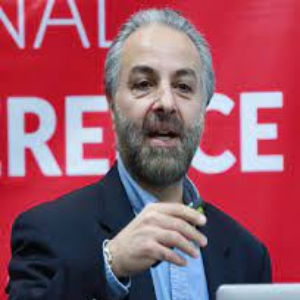Abstract:
Cellular based therapeutic approaches for cancer rely on careful consideration of finding the optimal cell to execute the cellular goal of cancer treatment. Cell lines and primary cell cultures have been used in some studies to compare the in vitro and in vivo efficacy of autologous vs allogeneic tumour cell vaccines. This study examines the effect of γ-irradiation on a range of tumor cell lines in conjunction with suicide gene therapy of cancer. To determine the efficacy of this modality, a series of in vitro and in vivo experiments were conducted using genetically modified and unmodified tumor cell lines. Following co-culture of HSV-TK modified tumor cells and unmodified tumor cells both in vitro and in vivo we observed that the PA-STK ovarian tumor cells were sensitive to γ-irradiation, completely abolishing their ability to induce bystander killing of unmodified tumor cells. In contrast, TK-modified human and mouse mesothelioma cells were found to retain their in vitro and in vivo bystander killing effect after γ-irradiation. Characterisation of tumor cell death showed that PA-STK cells underwent pyknosis (necrosis) after γ-irradiation. These results suggest that PA-STK cells are not suitable for clinical application of suicide gene therapy of cancer, as lethal γ-irradiation (100Gy) interferes with their bystander killing activity. However, the human mesothelioma cell line CRL-5830-TK retained its bystander killing potential after exposure to similarly lethal γ-irradiation (100Gy). CRL-5830 may therefore be a suitable vehicle for HSV-TK suicide gene therapy. This study highlights the diversity among tumor cell lines and the careful considerations needed to find the optimal tumor cell line for this type of whole cell tumour vaccination.




